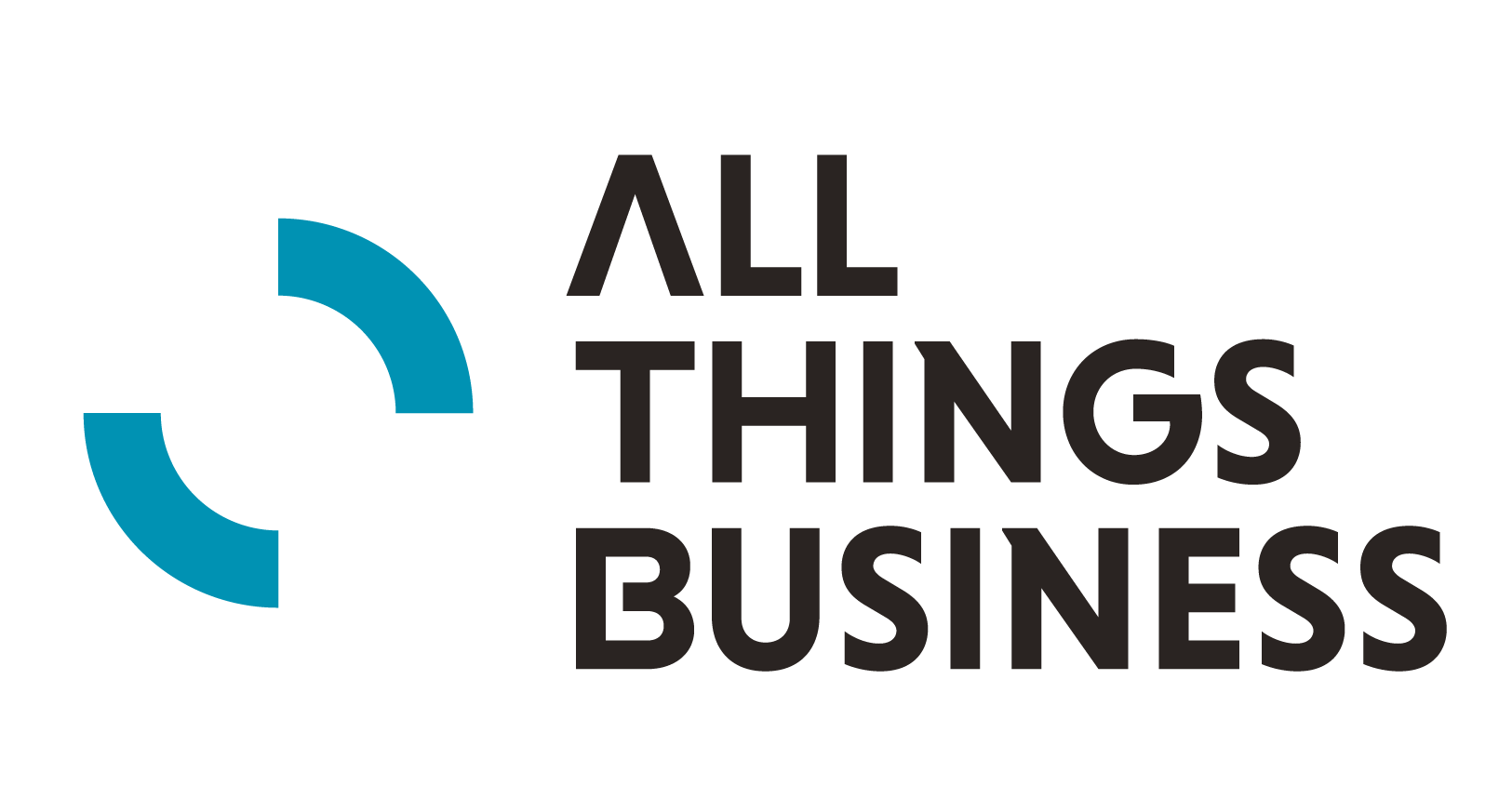Manufacturing companies were more likely than services companies to say that they were already in the process of reducing emissions or planning to lower them, according to the London Chamber of Commerce’s recent skills survey.
The study interviewed 502 London business leaders from micro to large-scale companies and analysed the skills needs of London businesses. The latest survey focused on the transition to net zero and how businesses are becoming more sustainable.
In particular, it assesses the role green skills have to play in facilitating this transition. The results suggest that access to the right skills is imperative to help businesses reduce their carbon emissions, and those businesses that have greater access to these skillsets have progressed further in their journeys towards net zero. It is clear from the results that the overwhelming majority of these were large businesses.
When considering different sectors, 75% of manufacturing companies said that they were either already in the process of reducing emissions or planning to lower them, compared with counterparts in services (49%). A fifth (22%) of service sector businesses were not planning to take any actions at all, much higher than in manufacturing (5%).
Manufacturers were slightly more likely than service sector companies to say they had access to all or most of the skills they need to reduce their carbon emissions.
The key findings from the Q1 2022 Quarterly Skills Survey include:
During Q1 2022, recruitment activity increased slightly in London with 19% of businesses responding that they had sought to hire. Hiring by micro companies (0-9 employees) rose in Q1 2022 and reached a two-year high, with 15% of firms looking to take on new staff. However, recruitment by larger firms (defined as 10 or more employees) fell back from 69% to 59%.
The survey provided an insight into where businesses consider themselves to be on their journeys to net zero. 24% of businesses said they had already achieved their targets or were in the process of reducing emissions, while 28% of businesses plan or intend to enact plans to reduce emissions. Responses varied greatly depending on business size and sector. Large businesses (250+ employees) were twice as likely as micro firms to say that their company had achieved its carbon emissions targets, or that they were in the process of reducing emissions – 53% vs. 23% respectively.
In terms of necessary green skills, once again, responses varied greatly depending on business size. While three-fifths (60%) of large businesses said they were able to access all or most of the skills they need, micro businesses were more likely to say that they only had access to a few or none of the skills required to lower carbon emissions. Nearly half (46%) of London businesses said they do not have access to all of the skills they need to lower their carbon emissions.
London businesses cited the greatest need for the following skills: recycling collection and treatment (27%), green finance (19%) and energy economics (18%). One third (35%) of companies also reported a demand for green procurement skills.
Businesses that reported a lack of access to necessary skills were also asked what steps (if any) they would take to acquire them. Two-fifths (42%) of companies said they would look to train existing staff, followed by using contractors (29%), while 15% said they would hire new staff.
Richard Burge, Chief Executive of London Chamber of Commerce and Industry, said:
“For our latest Skills Survey, we wanted to focus on one of the most important issues facing businesses at the moment – the transition to net zero and becoming more sustainable. The timelines for meeting targets vary, but there is consistent need for firms to act sooner rather than later.
“In London, it seems that large businesses are further along in their journeys to net zero, with more than half already achieving their targets or in the process of doing so. By contrast, only a quarter of micro companies said that they were in the same position.
“The Skills Survey has also shown that nearly half of London businesses have little to no access to the skills they need to reduce their carbon emissions – with micro businesses and SMEs much more likely to note limited access when compared to large companies.
“The results suggest that access to the right skills is key to helping businesses in their efforts to reduce their carbon emissions. Recent steps by Government to encourage retrofitting are a step in the right direction, but there must be due focus on skills as well. At the Chamber, we are working with businesses and policymakers to share the concerns and challenges related to net zero, and I encourage more companies to get involved with our efforts.”

Read the full report at www.londonchamber.co.uk/LCCI/media/media/London-Skills-Survey-Q1-2022.pdf

